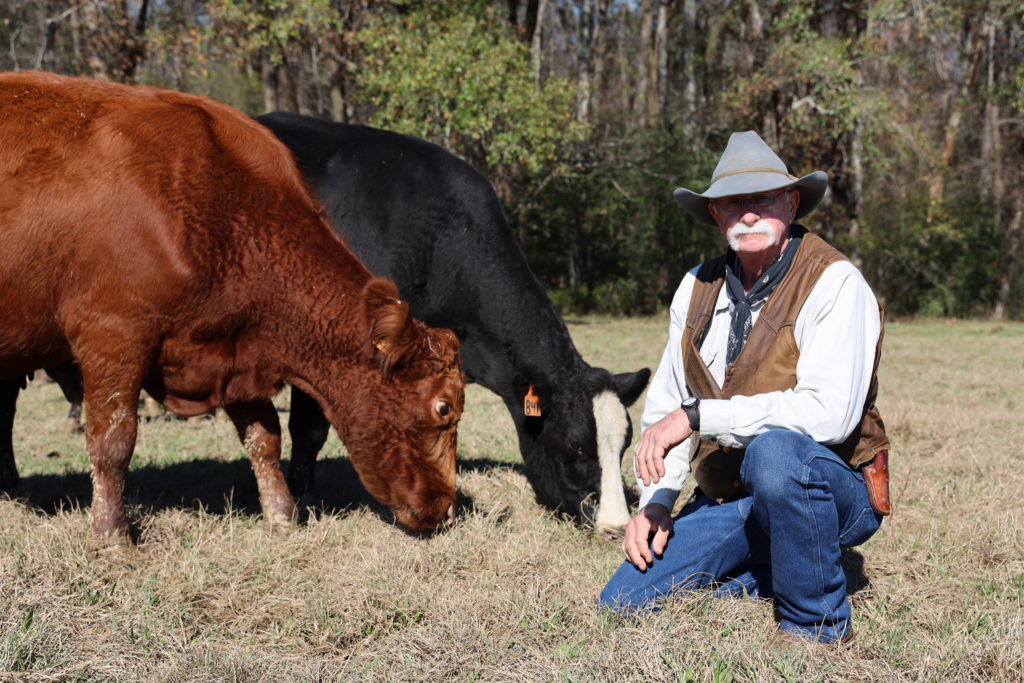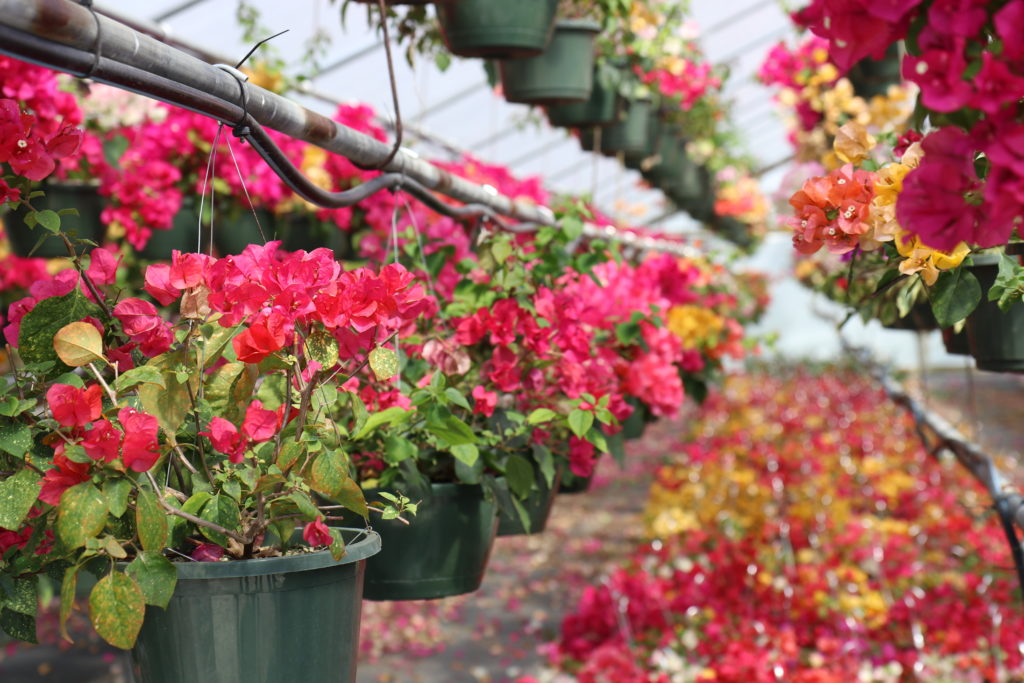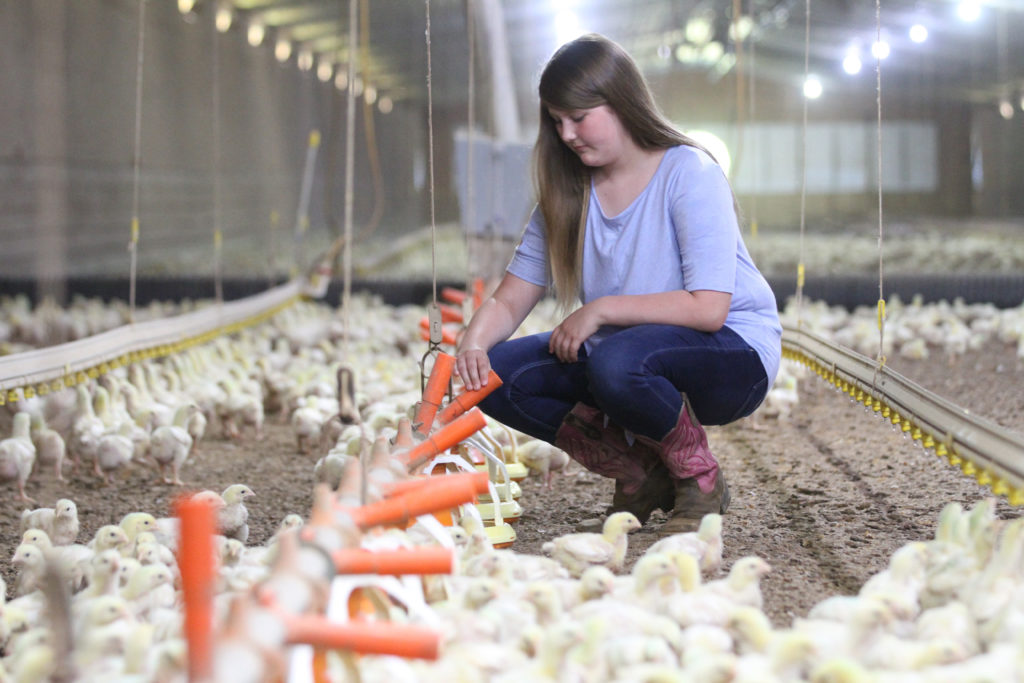Down To Earth: Alabama Farmers Prioritize Efficient Land Use

By Maggie Edwards
“They aren’t making any more land. What’s there is what we’ve got,” said Autauga County farmer Bill Lipscomb.
Lipscomb is a third-generation farmer whose 3L Ranch focuses on quality beef cattle production through genetics, herd management and smart land use.
“There are a lot of aspects of cattle that contribute to using our land in a smart way,” said Lipscomb, an Alabama Farmers Federation State Beef Committee member. “Cattle can utilize land crops can’t, and they transform grass that people can’t eat into nutritious protein.”
3L Ranch also finds value in rotational grazing and overseeding annual ryegrass. This allows the farm to run more cattle per acre.
“In the last 15 years, we have broken our large pastures into smaller ones, which leads to rotational grazing,” Lipscomb said. “This practice impacts more than cattle. It benefits the soil and cuts down on erosion.”
Cattle production isn’t the only Alabama agricultural industry that supports smart land use.
Jason Powell with Petals From The Past, a greenhouse and nursery in Chilton County, said he’s always looking for ways to improve efficiency.

“We have three main areas we focus on to practice smart land use — water, pest control and weed management,” Powell said. “Water management impacts all of our land, pest management directly impacts fruit production, and weed control impacts the nursery.”
Powell and his father, Arlie, implemented a drip irrigation system in their fruit gardens, which directly deposits moisture to plants. Conversely, they don’t use irrigation systems for ornamental plants.
“We are illustrating we don’t have to tax our water resources to establish great gardens if we utilize plants that can handle fluctuating water and temperature,” Powell said. “We also have gutter systems and dry stream beds that allow us to use water resources more efficiently.”
The poultry industry plays a part in using land efficiently. Thanks to improved genetics and technology, it takes 72% less land to raise poultry today than in 1965, according to the National Chicken Council.

Chickens are humanely and safely grown in houses, which saves water, energy and manpower and allows farmers like Corey Hill to repurpose chicken production byproducts.
“We also utilize chicken litter (a natural fertilizer) on our pastures, which impacts the land and cattle,” said Hill, a poultry and cattle farmer who serves on the Federation’s State Poultry Committee. “Using this as fertilizer allows for more nutrients to hit the soil, making a better food source for the cattle.”
Row crop farmers use chicken litter, too, to fertilize fields. They also rotate crops like cotton and peanuts to reduce soil erosion and improve water quality. This practice reduces tillage — or turning the soil. Healthier soil means cleaner air and water. Farmers also use practices like planting cover crops. Cover crops are planted between growing seasons, and they improve soil, increase organic matter and enhance water filtration.
Sustaining for the future, protecting the land and using resources efficiently is key for producers. Lipscomb, Powell and Hill are just a few examples of Alabama farmers who see value in being Down To Earth.
“The thing that opened our eyes is the importance of longevity,” Powell said. “We have to make sure we aren’t depleting the resources but rather are helping build and support the land.”
Visit DownToEarthAL.com to learn more.
